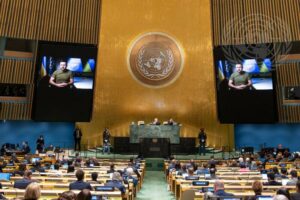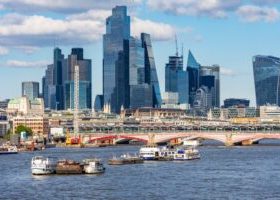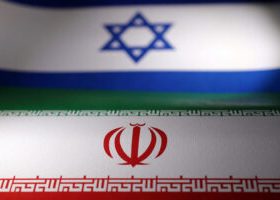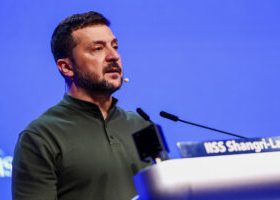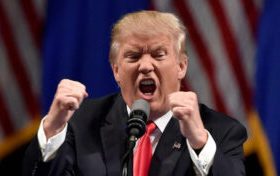NEW YORK/KYIV — President Volodymyr Zelenskyy demanded a special United Nations (UN) tribunal impose “just punishment” on Russia for its invasion of Ukraine, including financial penalties and stripping Moscow of its veto power in the Security Council.
Mr. Zelenskyy’s recorded address to world leaders at the UN General Assembly on Wednesday came after Russian President Vladimir Putin ordered Moscow’s first wartime mobilization since World War Two and threatened to use nuclear weapons to defend Russia in what he has cast as a defining East-West clash.
Moscow plans to conscript some 300,000 troops in an apparent escalation of its Ukraine invasion that began in February and has left thousands dead, displaced millions and reduced towns to rubble.
Russia’s mobilization may be the riskiest domestic political move of Putin’s two decades in power, and followed months of Kremlin promises it would do no such thing and comes at a time when Russia has been facing a string of battlefield failures.
Concern over being conscripted saw flights out of Russia quickly sell out, and jailed opposition leader Alexei Navalny called for mass demonstrations against the mobilization.
Independent protest monitoring group OVD-Info said nearly 1,400 people in 38 Russian cities had been detained in protests by Wednesday evening.
Mr. Zelenskyy laid out what he said were five non-negotiable conditions for peace. These included punishment for Russian aggression, restoration of Ukraine’s security and territorial integrity, and security guarantees.
“A crime has been committed against Ukraine, and we demand just punishment,” Mr. Zelenskyy told the UN body.
Many delegates at the UN gave Mr. Zelenskyy a standing ovation at the end of his speech.
Mr. Putin ordered the military draft in a televised address in which he also announced moves to annex four Ukrainian provinces and threatened to use nuclear weapons to defend Russia, declaring: “It’s not a bluff.”
US President Joseph R. Biden, Jr., in a speech to the UN General Assembly, responded: “Again, just today, President Putin has made overt nuclear threats against Europe, in a reckless disregard for the responsibilities of the non-proliferation regime.”
Canadian Prime Minister Justin Trudeau condemned Mr. Putin’s “irresponsible escalation of the war”, saying “Putin’s behavior only goes to show that his invasion is failing.”
European Union foreign ministers agreed on Wednesday to prepare new sanctions on Russia and increase weapons’ deliveries to Kyiv.
“It’s clear that Putin is trying to destroy Ukraine,” EU foreign policy chief Josep Borrell told reporters after ministers met to decide how to respond.
Foreign ministers from the Group of Seven (G7) advanced economies confirmed in a meeting in New York on Wednesday their cooperation in extending support for Ukraine, Japanese Foreign Minister Yoshimasa Hayashi said.
PRISON SWAP
Russia and Ukraine carried out an unexpected prisoner swap on Wednesday, the largest since the war began and involving almost 300 people, including 10 foreigners and the commanders who led a prolonged Ukrainian defense of Mariupol earlier this year.
The foreigners released included two Britons and a Moroccan who had been sentenced to death in June after being captured fighting for Ukraine. Also freed in the deal brokered by Saudi Arabia, according to a Saudi ministry, were three other Britons, two Americans, a Croatian, and a Swedish national.
The released Ukrainians had been captured after a long battle for the port city of Mariupol earlier this year and included top military commanders, said Andriy Yermak, the head of Mr. Zelenskyy’s office.
Several Western military experts said drafting hundreds of thousands of new troops would take months, do little to slow Russia’s losses, and could even make matters worse by drawing resources away from the battlefield to train and equip recruits.
The war has so far appeared to enjoy popular support in Russia where independent media have all been shut down and public criticism of the “special military operation” is banned.
But for many ordinary Russians, especially in the urban middle classes, the prospect of being sent to fight would be the first hint of the war affecting them personally.
On the Moscow metro, men could be seen studying call-up papers.
“You always feel worried at moments like these. Because you have a wife and kids and you think about it,” one resident told Reuters. — Reuters

